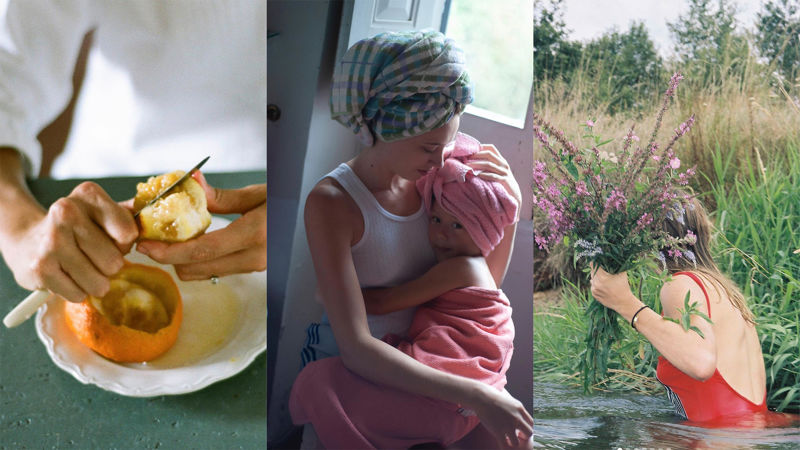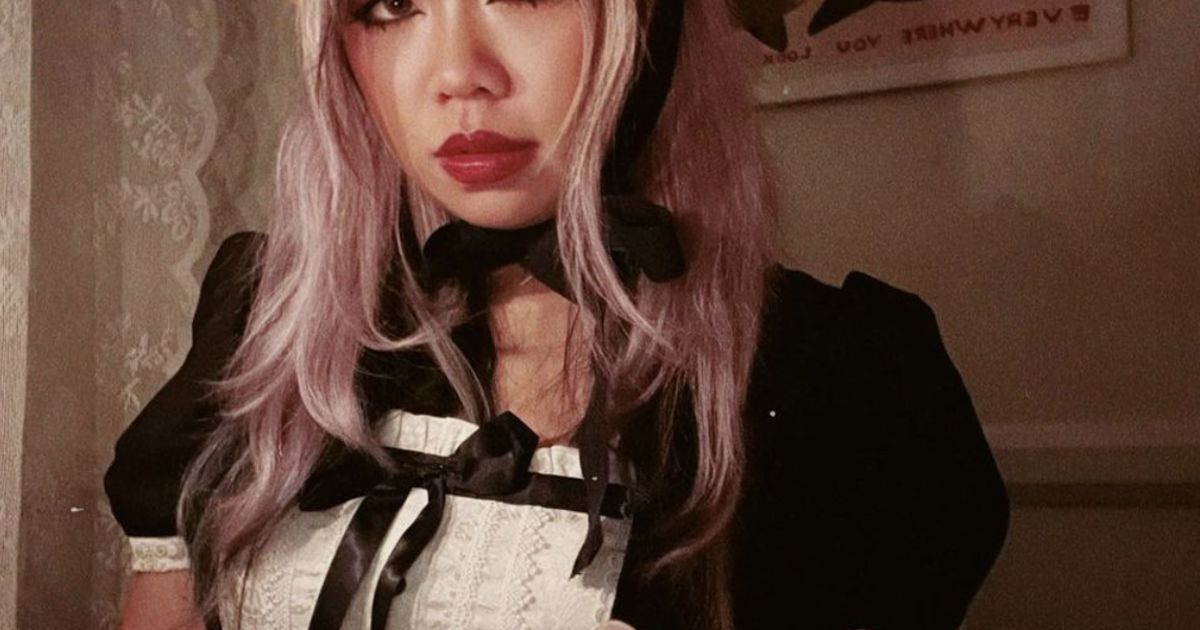)
Christina Xing: from Gen Z to GenXing
Much like the 16mm film she typically uses, Asian American director Christina Xing’s work is defined by whimsical, nostalgic visuals infused with her distinctive, contemporary edge, and at just 25, her unique ability to tell authentic, youth-centric stories has already caught the attention of brands including Disney, Vaseline, Snapchat and VANS.
At only 17, after boldly presenting her mother with a business plan, prolific director Christina Xing, now represented by Durable Goods, won a scholarship to the Interlochen Arts Academy for Motion Picture Arts in Michigan, kickstarting her career.
Her first short film - a musical, titled How the Moon Fell from the Sky and No One Even Noticed - soon exploded on social media platform X in Thailand, attracting the attention of dating app Tinder. She gained further recognition when her LGBTQ+ themed music video for Frances Forever's Space Girl amassed 4.5 million views on YouTube, and requests from other artists followed suite.
I always felt like I was in the wrong place, and had this strange certainty that life was happening somewhere else without me.
As a young director with an exciting, honest and authentic voice that not only appeals to, but deeply resonates with young audiences, Xing has become a much sought-after creative conduit for brands hoping to reconnect with an increasingly incredulous younger generation.
Credits
powered by
-
-
- Director Christina Xing
-
-
Unlock full credits and more with a Source + shots membership.
Credits
powered by
- Director Christina Xing
- Producer Christina Xing
- EXECUTIVE PRODUCERS KMT
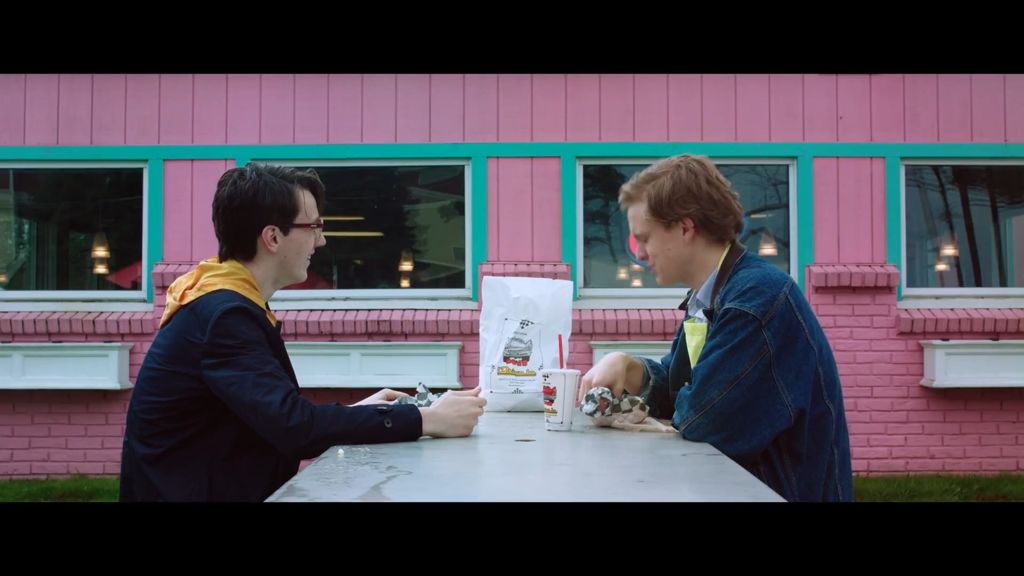
Credits
powered by
- Director Christina Xing
- Producer Christina Xing
- EXECUTIVE PRODUCERS KMT
Meanwhile, her personal work is rich with biographical narratives, touching on her childhood, family dynamics, and experience of being a young Asian American.
Drawing on memories of her formative years in Alabama, Xing uses filmmaking as a way of exploring the cultural disconnect she felt as a young Asian American, and as a means of defying the stereotypes and high expectations of her people as being "well-adjusted and successful".
I had this nasty bulldog nature. If I wanted something badly, I would get it.
“I always felt like I was in the wrong place, and had this strange certainty that life was happening somewhere else without me." she explains. "As a queer or a person of colour, life and the media made me believe I was not good enough, that my experience didn’t matter. So, I learned that if I poked fun at myself by cracking Asian jokes, no one could hurt me. I hurt myself first.”
The director's early years were fraught with a nagging sense of displacement. Low school grades belied her potential, where by contrast, her sister was academically brilliant and boasted a PhD, and Xing burned up with resentment.
Credits
powered by
-
-
- Director Christina Xing
-
-
Unlock full credits and more with a Source + shots membership.
Credits
powered by
- Director Christina Xing
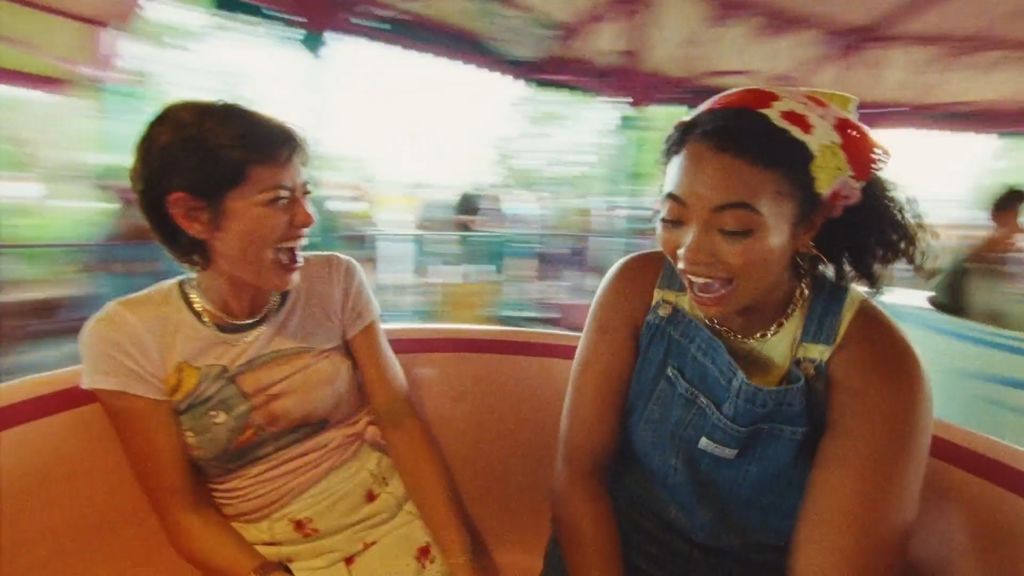
Credits
powered by
- Director Christina Xing
Luckily for the film industry, her anger became a source of artistic motivation. At first she exploded, setting everything around her on fire, but an understanding school teacher, Andy Riss, felt her anger was passion, commenting: ‘You have something to say.’
“I had this nasty bulldog nature. If I wanted something badly, I would get it – that’s what bulldogs do, right? Andy tamed my fury, and he taught me that there is strength in vulnerability. When I was rebellious and said, “Fuck you, you are wrong,” he was patient. He listened and valued my opinions, and that opened me up.”
Her creative influences included Spike Jonze, Michel Gondry, and the OG John Cassavetes, as well as the Japanese comedic director Yasujirō Ozu, and Wayne Wang, who directed The Joy Luck Club.
Credits
powered by
-
- Production Company Radiance Pictures
- Director Christina Xing
-
-
Unlock full credits and more with a Source + shots membership.
Credits
powered by
- Production Company Radiance Pictures
- Director Christina Xing
- Grading Ethos Studio
- Production Designer Jamie Weiss
- Colorist Cameron Marygold
- DP Joanna Nguyen
- Talent Paul Rudd
- Producer Zoe Pressey
- Producer Jolene Mendes
- Executive Producer Nuer Taqa
- DP Amaal Mustafa
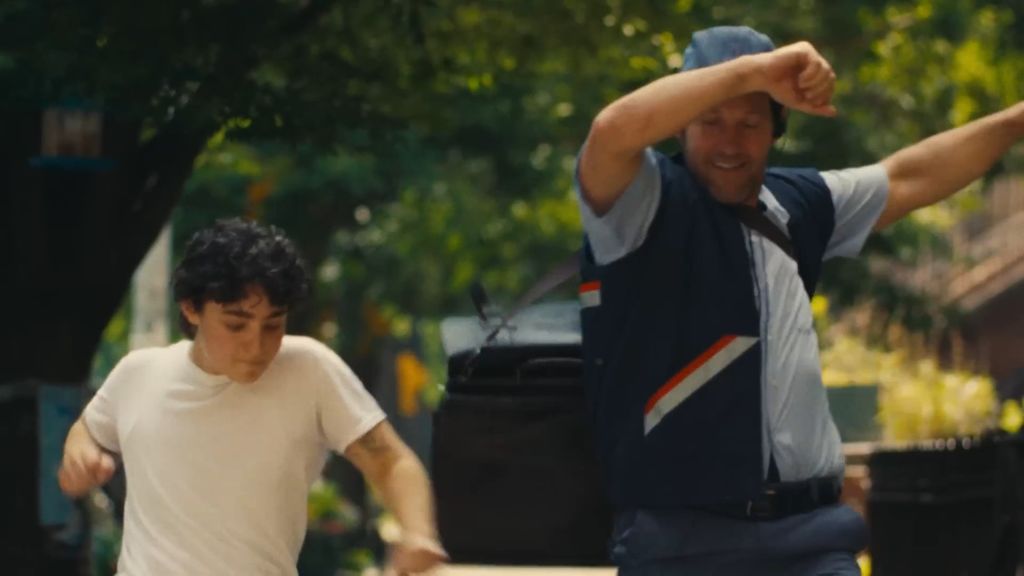
Credits
powered by
- Production Company Radiance Pictures
- Director Christina Xing
- Grading Ethos Studio
- Production Designer Jamie Weiss
- Colorist Cameron Marygold
- DP Joanna Nguyen
- Talent Paul Rudd
- Producer Zoe Pressey
- Producer Jolene Mendes
- Executive Producer Nuer Taqa
- DP Amaal Mustafa
Her two tender biographical narratives, Have You Eaten Yet? and This Old Dog touch on her teenage torment. The first portrays a fractured relationship between a mother and daughter, as they attempt to bridge the gap between them. The latter dives deep into her rocky relationship with her father. Both films deeply resonate with Xing's feelings of displacement and isolation.
“In This Old Dog, that’s my dad. My sister and I met up with him at a Chinese buffet. I had not seen him in a long fucking time. It was heartbreaking! I had spent my whole life planning to fix our relationship. But it was too much for him, and it scorched me. We sat at the buffet, and he flipped the teapot to show the server we were done – like no.more.tea. I haven’t seen him since.”
I want my work to have a voice, to stand up to judgements that cause shame.
It's this raw, honest exploration of personal themes that gives Xing's work its impact. It’s real. It’s her story. She defends the right to choose her own identity, demands transparency, and digs into fine details to feel safe. But she admits she wasn't always this brave. She explains how a camera, given to her by her mother, gave her the courage to overcome her childhood traumas, which she personified as a villain called ‘Fear the Destroyer.’
“Though I could channel a bulldog, I was also timid. The camera was my superpower - it opened up a whole new world and strengthened my confidence. I want my work to have a voice, to stand up to judgements that cause shame.”
Credits
powered by
-
-
- Director Christina Xing
-
-
Unlock full credits and more with a Source + shots membership.
Credits
powered by
- Director Christina Xing
- Producer Cheil Worldwide
- Executive Producer Ryan Booth
- Executive Producer Joe Murayama
- Colorist Cameron Marygold
- Sound Mixer & Designer Alex Gluch
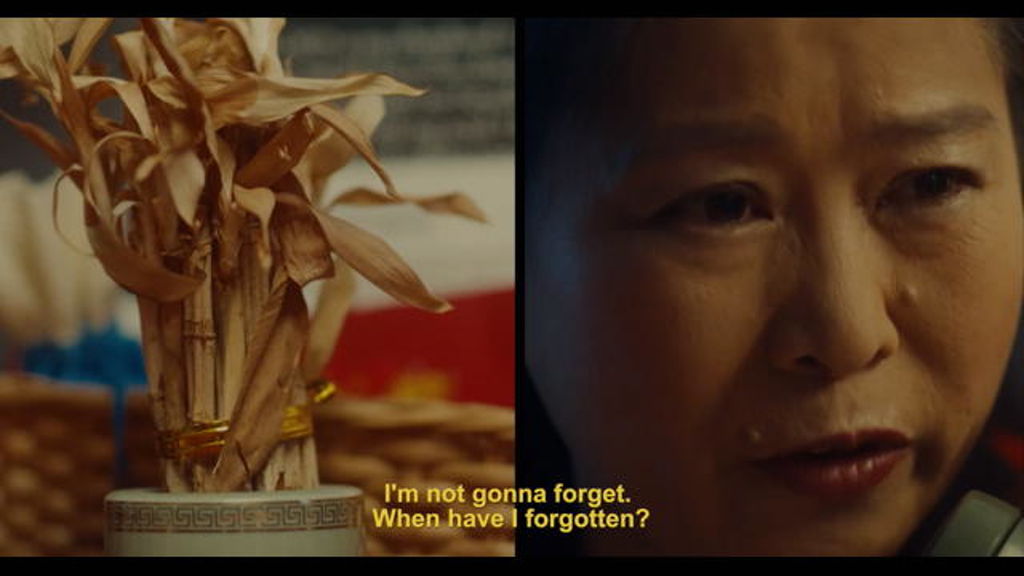
Credits
powered by
- Director Christina Xing
- Producer Cheil Worldwide
- Executive Producer Ryan Booth
- Executive Producer Joe Murayama
- Colorist Cameron Marygold
- Sound Mixer & Designer Alex Gluch
With all of this pent up aggression, you'd expect Xing's work to be a raging rebellion against the media and stereotypes that contstantly made her feel less-than. “I was an awkward and chubby Asian kid. I know what it feels like to be other, and nothing I watched had people in it who looked or felt like me," she explains. In contrast, her films are infused with tender visuals, touching narratives, and honest representations of diverse characters. They feel like a love letter to her younger self. "I hope people see themselves in my films and feel seen”, she adds.
Directing is all about feeling. I want to keep things honest.
Xing is passionate about preserving and conveying her family's traditions within her films, subtly weaving cultural references and emotional nuances through whimsical scenes laced with hidden meanings and nostalgia. “One can read about another person's culture and experiences, but that’s completely different to living it. When Asian people say, ‘Have you eaten?’ that’s our way of saying, ‘I love you.’ We never use words," she explains.
"I tell you I love you by handing you a peeled orange. When I was a child, my grandparents would shave a pear and place it on a table. A foreigner does not know what that feels like, and directing is all about feeling. I want to keep things honest.”
Credits
powered by
-
-
- Director Christina Xing
-
-
Unlock full credits and more with a Source + shots membership.
Credits
powered by
- Director Christina Xing
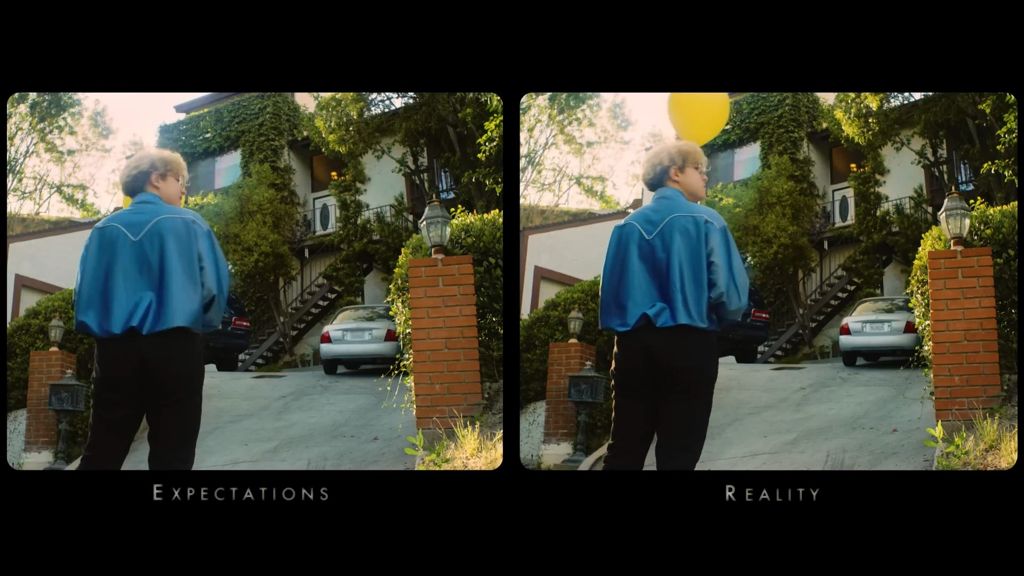
Credits
powered by
- Director Christina Xing
She explains how her filmmaking is as much a therapeutic process as it is creative. Only when she understands an emotion or experience at its core she can move on the next stage - filming - which she describes an almost redemptive process that brings her peace.
“Recently, I’ve been exploring the idea that everything beautiful will eventually get ruined.
“I shot the mom piece when I was 20," she recalls, "I could never quite pinpoint why my mom and I would get into these tense conversations where we couldn’t be honest. My mom said, ‘This is horrible; why must you make these fake stories?’ So I canned it. Four years later, she said, ‘I’ve been thinking… that is how it felt with my mother, and that is our relationship.’ The piece with my dad made me finally able to forgive him.”
“Recently, I’ve been exploring the idea that everything beautiful will eventually get ruined. You could say, oh man—why try at all? But there’s a meaningful switch: it leaves room for transformation. There’s the idea of coming to your queer identity. It’s a journey, living the questions.”
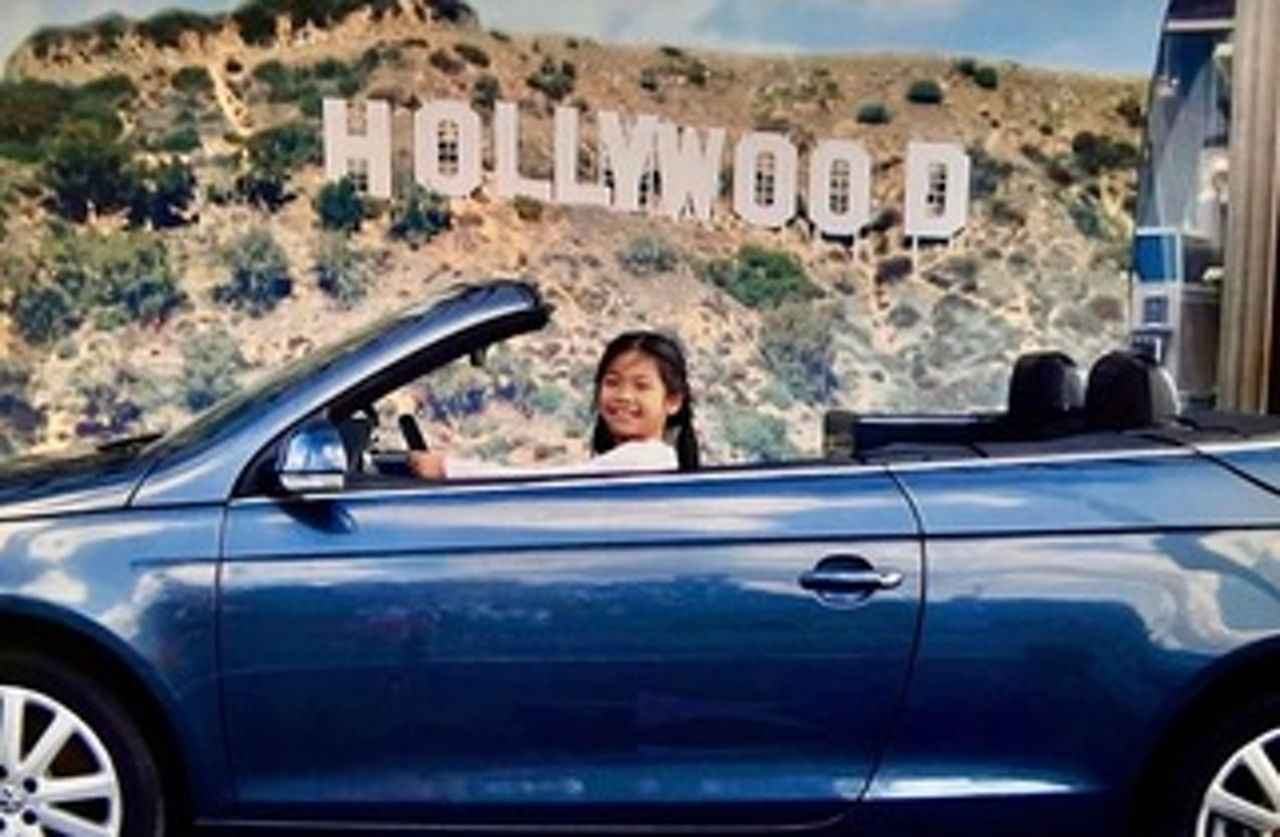
Xing in Hollywood, aged around eight years, photographed by her mother.
This insightful filmmaker is fuelled by a passion to break through the barriers that prevent individuals from identifying as they choose. “I realise now that fear is an extension of caring deeply about something, so I will not bend to societal dictates. This is where my bulldog part does well. When something whack happens, or I am dealing with a weird barrier, I am not scared of addressing it. I don’t want to live without ripples. I want my work to be a peeled pear in the hands of those who seek acceptance.”
)

